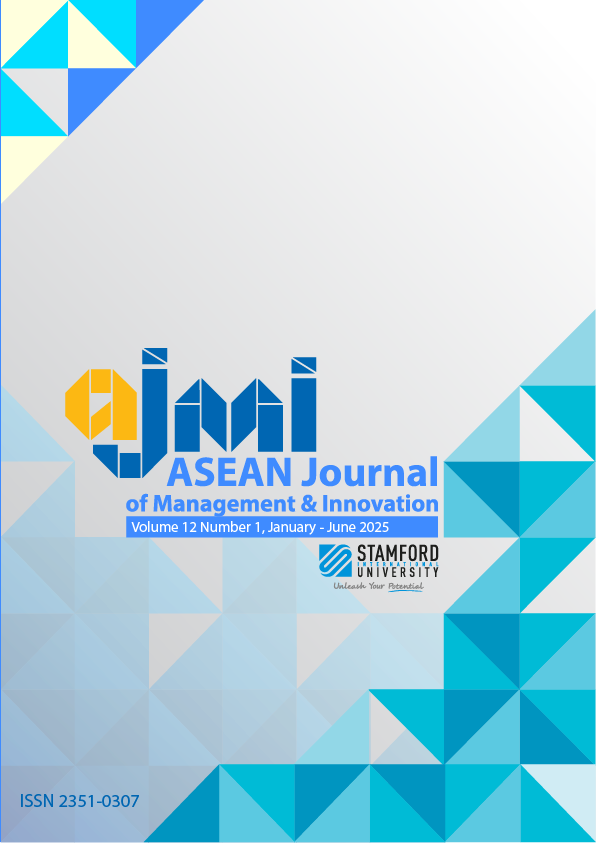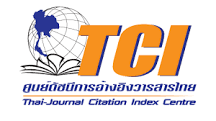Assessing Employee Satisfaction with Human Capital Management Practices in the BPO Sector: A Cebu City Case Study
Keywords:
Human Capital Management, Business Process Outsourcing, Employee Satisfaction, Work-Life Balance, Talent Management, Cebu City.Abstract
This study examines employee satisfaction with HRM (Human Capital Management) practices in Cebu City, Philippines' business process outsourcing (BPO) industry. Employing a descriptive-correlational methodology, the study explores important domains such as organizational socialization, work-life balance, adoption of Human Resource Information Systems (HRIS), labor-management relations, observance of due process, employee morale, and talent management. Significant differences in employee satisfaction levels are observed depending on demographic factors such as age, gender, civil status, educational attainment, and length of service according to data gathered from 370 employees, including both rank-and-file and management employees. The results show that compared to rank-and-file employees often report moderate levels of satisfaction, management employees show lower levels of satisfaction, especially when it comes to labor-management relations and work-life balance. The study emphasizes the necessity of customized HCM methods that consider demographic differences, implying that a one-size-fits-all approach might not be sufficient to meet the different demands of a contemporary workforce. It is advised that more research be done to investigate longitudinal viewpoints and qualitative insights into HCM satisfaction. BPO companies may improve retention, increase employee happiness, and cultivate a more productive team by implementing focused HR initiatives.





